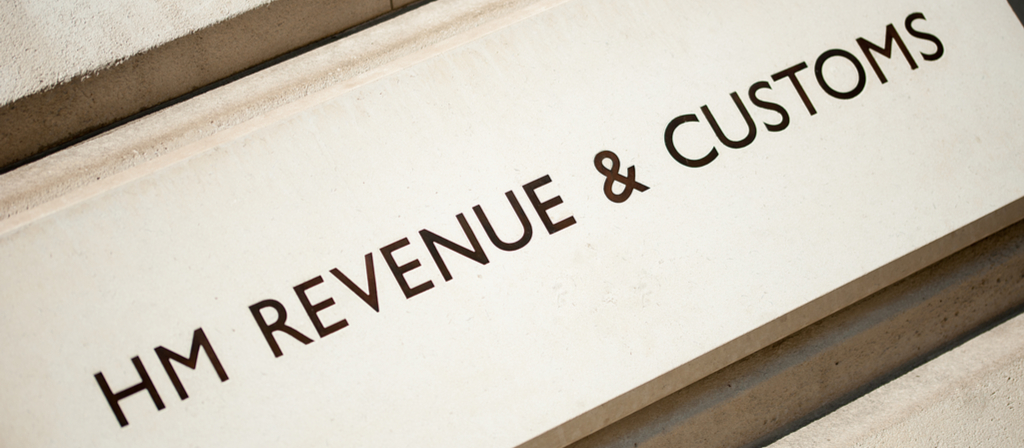HMRC
Tax appeals and Tribunals
For tax payers to appeal decisions made by HMRC, you can appeal in a letter for simple things. For far more complicated matters your case will need to be heard at a formal judge-led hearing known as the First-tier Tax Tribunal. In very complex cases, you require the Upper Tier Tax Tribunal. This is longer in duration and involves three judges which in part have technical expertise. The Tribunal hearings take place in the same way to other legal disputes heard in Court. The case is put for the appellant and respondants, before the judge, who has the power to make a final decision. If these hearings are not micro managed you may find that your case is thrown out. They are now deadlines which are imposed. Our team, have many years of experience representing clients at the First and Upper Tier Tribunals acting for our clients with success. Whether you need our representation at the Tribunal hearing or need to find a solution without a hearing, we will evaluate your case and find the most viable solution for you. Appleton Richardson & Co can guide and support you through the process we have the precise skills to give you the best chance of success. Taking a case to Tribunal can be an expensive business and it is imperative that the facts are presented correctly.
They are two times in someones life when they should not Speculate, When they can’t Afford it and when they can!
We are experienced in providing cost-effective methods to ensure case closure, value for money and outstanding client service.
Initial consultations are free, if you'd prefer to speak with someone rather than e-mail please contact us with our details over on our get in touch page.
Special Investigations
National Crime Agency
POCA (Proceeds of Crime Act 2002) part five enables Economic Crime Command (part of NCA)to issue proceedings against any person who it thinks has property or assets obtained through unlawful conduct. The advantage of going to a Tribunal or Court is that ECC need not bother with obtaining a criminal conviction from a jury who are convinced beyond reasonable doubt! Economic Crime Command work on the “balance of probabilities” easier than “beyond reasonable doubt”! .



